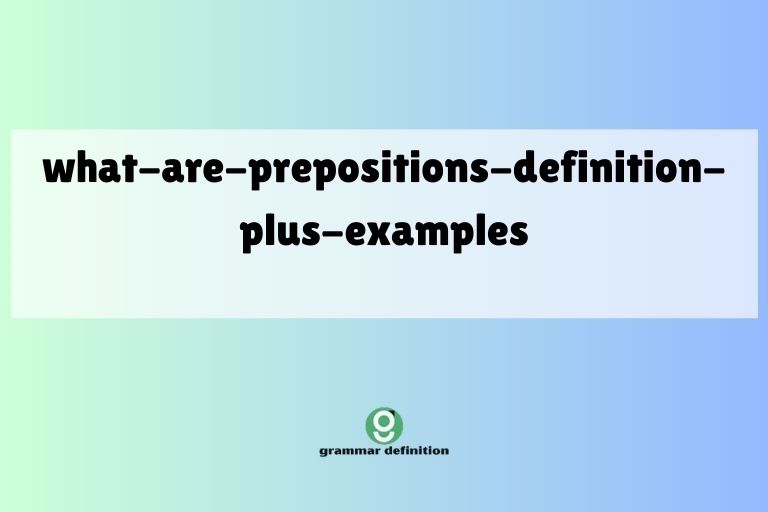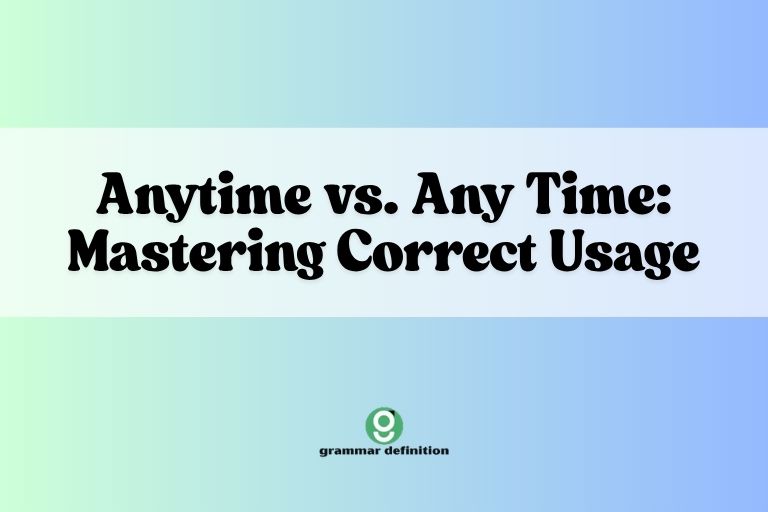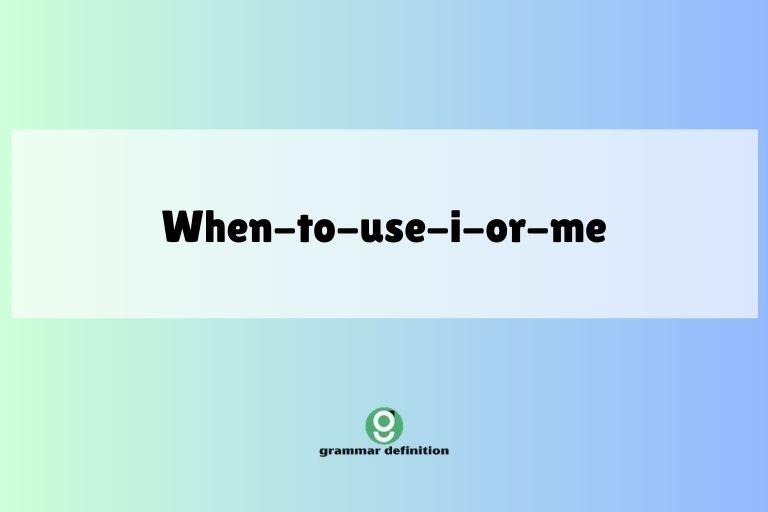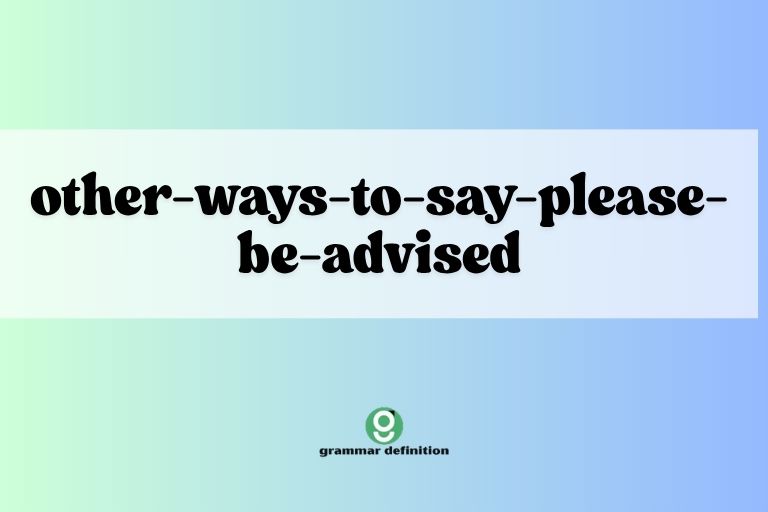Idioms for Tired: Mastering English Expressions
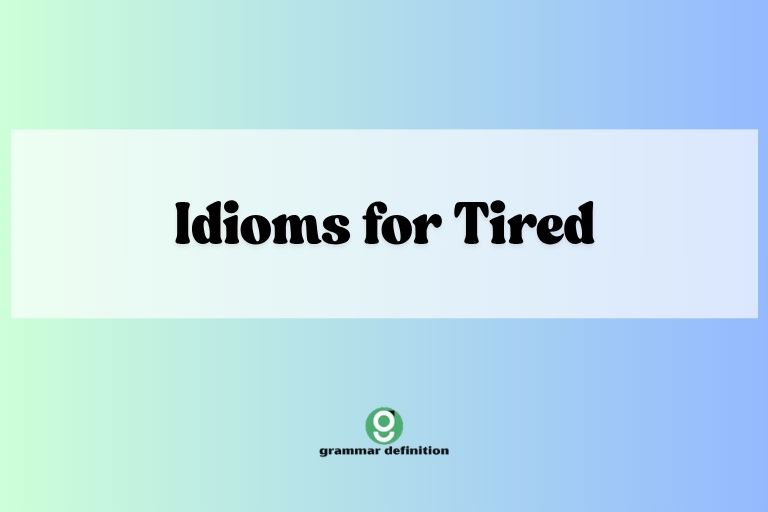
Understanding idioms is crucial for mastering English, especially for non-native speakers. Idioms add color and depth to the language, making conversations more engaging and natural.
This article focuses specifically on idioms related to the feeling of being tired, a common experience expressed in various creative ways. By learning these idioms, you’ll not only expand your vocabulary but also gain a deeper understanding of how native English speakers communicate.
This guide is perfect for English language learners, students preparing for English proficiency exams, and anyone looking to enhance their conversational skills.
This comprehensive guide explores various idioms used to describe tiredness, providing definitions, examples, and usage tips. We will delve into the nuances of each idiom, helping you understand when and how to use them appropriately.
Practice exercises and an FAQ section are included to reinforce your learning and address common questions. By the end of this article, you’ll be well-equipped to express your exhaustion in a more colorful and idiomatic way.
Table of Contents
- Definition of Idioms for Tired
- Structural Breakdown of Tired Idioms
- Types and Categories of Tired Idioms
- Examples of Tired Idioms
- Usage Rules for Tired Idioms
- Common Mistakes with Tired Idioms
- Practice Exercises
- Advanced Topics
- FAQ
- Conclusion
Definition of Idioms for Tired
An idiom is a phrase or expression whose meaning cannot be understood from the literal meanings of its individual words. Instead, the phrase has a figurative meaning that is culturally specific.
Idioms related to “tired” are expressions that convey the feeling of fatigue, exhaustion, or sleepiness in a non-literal way. These idioms often use metaphors and similes to create vivid images of tiredness.
For example, saying “I’m dead tired” doesn’t mean you are literally deceased; it means you are extremely exhausted. Similarly, “I’m running on fumes” implies that you are continuing to function despite having very little energy left.
Understanding these figurative meanings is essential for effective communication in English.
These idioms can be classified based on the intensity of tiredness they convey, ranging from mild sleepiness to complete exhaustion. They can also be categorized by the imagery they use, such as physical strain, lack of energy, or desire for sleep.
By understanding these classifications, you can choose the most appropriate idiom to express your level of tiredness.
Structural Breakdown of Tired Idioms
The structure of idioms varies greatly. Some idioms are simple phrases, while others are more complex clauses.
Many idioms related to tiredness involve verbs of being (e.g., “to be,” “to feel”) followed by descriptive adjectives or phrases. Others use action verbs to depict the state of exhaustion.
Common structural elements include:
- Verb + Adjective: to be exhausted, to feel drained.
- Verb + Prepositional Phrase: to be out on one’s feet, to run on fumes.
- Similes: as tired as a dog, like a zombie.
- Metaphors: to hit the wall, to be running on empty.
The grammatical structure of an idiom rarely adheres to standard grammatical rules when interpreted literally. For example, “beat” in “I’m beat” doesn’t function as a verb in the typical sense; it acts as an adjective describing a state of exhaustion.
Understanding this deviation from literal meaning is key to grasping the idiomatic sense.
Types and Categories of Tired Idioms
Tired idioms can be categorized based on the intensity and specific nuance of the tiredness they express:
Extreme Exhaustion
These idioms indicate a state of being completely drained, often after significant physical or mental exertion. They convey a sense of being utterly depleted of energy.
Sleepiness
These idioms describe the feeling of wanting to sleep, often accompanied by drowsiness and difficulty staying awake. They focus on the desire for rest and the struggle to remain alert.
Being Worn Out
This category includes idioms that suggest a gradual decline in energy due to prolonged activity or stress. They highlight the cumulative effect of exertion over time.
Feeling Drained
These idioms emphasize the loss of energy and vitality, often associated with emotional or mental strain. They describe a feeling of emptiness and lack of motivation.
Tiredness and Lack of Motivation
These idioms combine the feeling of tiredness with a lack of enthusiasm or willingness to engage in activities. They suggest a state of lethargy and disinterest.
Examples of Tired Idioms
The following sections provide extensive examples of idioms related to tiredness, categorized by the specific nuance they convey. Each table includes multiple examples with clear explanations.
Idioms for Extreme Exhaustion
These idioms are used when you are utterly and completely exhausted. They express a level of tiredness that goes beyond simple fatigue.
The table below shows 30 examples of idioms for extreme exhaustion. Each row lists the idiom, its meaning, and an example sentence showing its use in context.
| Idiom | Meaning | Example Sentence |
|---|---|---|
| Dead tired | Extremely tired | After running the marathon, I was dead tired. |
| Beat | Exhausted | I’m beat after working all day. |
| Wiped out | Completely exhausted | The kids wiped me out today; I need a nap. |
| Knackered | Very tired (British English) | I’m absolutely knackered after that hike. |
| Running on empty | Continuing to function with very little energy | I’ve been running on empty all week. |
| Running on fumes | Continuing to function with almost no energy | After the all-nighter, I was running on fumes. |
| Flat out | Completely exhausted | I’ve been working flat out all day. |
| Shattered | Extremely tired | I feel shattered after traveling for 12 hours. |
| Bushed | Very tired | The long day at the office left me feeling bushed. |
| Done in | Exhausted | I’m completely done in after that workout. |
| Pooped out | Very tired | The kids are pooped out from playing outside. |
| All in | Completely exhausted | After the move, I was all in. |
| Out on one’s feet | Extremely tired and unable to stand | I was out on my feet after the double shift. |
| Dog-tired | Extremely tired | I’m dog-tired after working in the garden. |
| Ready to drop | Extremely tired and about to collapse | I was ready to drop after carrying all those boxes. |
| Fagged out | Exhausted (informal) | After helping my friend move, I was completely fagged out. |
| Burned out | Exhausted from prolonged stress | She was completely burned out after working on the project for months. |
| Fried | Exhausted (slang) | I’m totally fried after studying all night. |
| Kaput | Finished; exhausted | My energy level is completely kaput after that presentation. |
| Like death warmed up | Looking and feeling extremely unwell and tired | He looked like death warmed up after his illness. |
| On one’s last legs | Near the end of one’s endurance | After the marathon, I felt like I was on my last legs. |
| Run ragged | Extremely tired from being kept busy | The kids have run me ragged all day. |
| Spent | Having no energy left | I feel completely spent after that workout. |
| Taken it out of me | Exhausted me | That work has really taken it out of me. |
| The tank is empty | Having no energy left | I can’t do anymore, the tank is empty. |
| Walking dead | Looking and feeling like a zombie from tiredness. | After the all-nighter, I felt like the walking dead. |
| Zonked | Extremely tired | I was zonked after the long flight. |
| Out of steam | Having no energy left | I’m out of steam, can we take a break? |
| Overdone | Exhausted by too much activity | I think I overdid it at the gym, I am so tired. |
| Sapped of energy | Feeling completely devoid of energy | The heat really sapped me of energy. |
Idioms for Sleepiness
These idioms describe the feeling of wanting to sleep, often accompanied by drowsiness and difficulty staying awake. They focus on the desire for rest and the struggle to remain alert.
The table below lists 25 idioms for sleepiness, with their meanings and example sentences.
| Idiom | Meaning | Example Sentence |
|---|---|---|
| Sleepyhead | Someone who is always tired or sleeps a lot | Wake up, sleepyhead, it’s time for school! |
| Dozing off | Falling asleep unintentionally | I kept dozing off during the movie. |
| Nodding off | Falling asleep briefly | The lecturer was so boring that half the class was nodding off. |
| Out like a light | Falling asleep very quickly and deeply | As soon as my head hit the pillow, I was out like a light. |
| Counting sheep | Trying to fall asleep by imagining counting sheep | I couldn’t fall asleep, so I started counting sheep. |
| Catch some Z’s | To sleep | I’m going to catch some Z’s before the party. |
| Hit the hay | Go to bed | I’m exhausted, I’m going to hit the hay. |
| Turn in | Go to bed | It’s late, I think I’ll turn in for the night. |
| Sawing logs | Snoring loudly | My roommate was sawing logs all night. |
| Heavy-eyed | Feeling sleepy | I’m feeling heavy-eyed after that big meal. |
| Groggy | Dazed and weakened from lack of sleep | I feel groggy after only getting a few hours of sleep. |
| Sleep-deprived | Lacking sufficient sleep | I’m sleep-deprived after staying up all night studying. |
| Can barely keep my eyes open | Finding it difficult to stay awake | I can barely keep my eyes open after that long drive. |
| Fighting sleep | Trying hard to stay awake | I was fighting sleep during the conference. |
| In the land of Nod | Asleep | He’s already in the land of Nod. |
| Need forty winks | Need a short nap | I need forty winks to recharge. |
| Tired to the bone | Extremely tired | I am tired to the bone after that strenuous hike. |
| Dead on one’s feet | Exhausted and barely able to stand | After the double shift, I was dead on my feet. |
| Not able to think straight | Too tired to think clearly | I’m so tired I can’t think straight. |
| Ready for bed | Feeling that it’s time to go to sleep | After a long day, I am ready for bed. |
| Sleep calls | Feeling the strong need to sleep | Sleep calls after that long day. |
| Sleepy as an owl | Very sleepy | I was sleepy as an owl during the late night movie. |
| Yearning for sleep | Desiring sleep | I am yearning for sleep after that all-nighter. |
| Could sleep for a week | Feeling the need for extensive sleep | I could sleep for a week after that marathon. |
| Want nothing more than to sleep | Desiring nothing else other than sleep | Right now, I want nothing more than to sleep. |
Idioms for Being Worn Out
These idioms suggest a gradual decline in energy due to prolonged activity or stress. They highlight the cumulative effect of exertion over time.
This table presents 20 idioms for being worn out, along with their meanings and example sentences.
| Idiom | Meaning | Example Sentence |
|---|---|---|
| Burn the candle at both ends | Working excessively hard with little rest | He’s been burning the candle at both ends trying to finish the project. |
| Franttic | Feeling the effects of exhaustion from overwork. | I have been working so much, I am frantic. |
| Dragging one’s feet | Moving or acting slowly due to tiredness or lack of enthusiasm | I was dragging my feet all day because I was so tired. |
| Feeling one’s age | Experiencing the effects of aging, including tiredness | After climbing the stairs, I was really feeling my age. |
| Had it | Reaching the limit of one’s endurance | I’ve had it with this project; I need a break. |
| Lacking energy | Feeling without energy to do things | I am lacking energy to go to the gym. |
| Long in the tooth | Old and tired | I am getting long in the tooth to be working this hard. |
| On its last legs | Near the end of one’s functional life or endurance | My car is on its last legs, and so am I! |
| Past one’s prime | No longer at one’s peak performance or energy level | I am past my prime for playing sports. |
| Run down | In a weakened or tired state | I’ve been feeling run down lately. |
| Stressed out | Feeling overwhelmed by stress and fatigue | I’m completely stressed out from work. |
| Tired out | Exhausted from activity | I am tired out after that long walk. |
| Worn to a frazzle | Extremely tired and stressed | I’m worn to a frazzle after dealing with those customers. |
| Worn out | Tired from use or exertion | My shoes are worn out, and so am I. |
| At the end of one’s rope | Having reached the limit of one’s patience or endurance | I’m at the end of my rope with this project. |
| Frazzled | Completely exhausted | I feel frazzled after that hectic day. |
| Pooped | Extremely tired | I am pooped after the work day. |
| Over the hill | Too old to be useful or energetic | I am getting over the hill for this line of work. |
| Used up | Completely exhausted | I am used up after helping my friend move. |
| Lost one’s steam | Having no more energy | I have lost my steam to complete the project. |
Idioms for Feeling Drained
These idioms emphasize the loss of energy and vitality, often associated with emotional or mental strain. They describe a feeling of emptiness and lack of motivation.
The following table shows 20 idioms for feeling drained, their meanings, and example sentences.
| Idiom | Meaning | Example Sentence |
|---|---|---|
| Drained | Depleted of energy | I feel completely drained after that meeting. |
| Empty | Feeling emotionally or physically depleted | I feel so empty after that difficult conversation. |
| Void of energy | Lacking energy | I am completely void of energy today. |
| Sapped | Gradually weakened or depleted | The heat really sapped my energy. |
| Like something the cat dragged in | Looking tired and disheveled | You look like something the cat dragged in. |
| Without pep | Without energy or enthusiasm | I am without pep lately. |
| Not up to snuff | Not in good condition or health | I am not up to snuff to go to the game. |
| Lacking motivation | Without motivation to do things | I am lacking motivation to go to work. |
| Listless | Lacking energy and enthusiasm | I feel listless today. |
| Enervated | Feeling drained of energy | The humidity made me feel enervated. |
| Low on fuel | Having little energy left | I am low on fuel, I need to eat. |
| Out of gas | Having no more energy left | I am out of gas, I need a nap. |
| Lacking vitality | Without energy | I am lacking vitality to exercise. |
| Lost zest | Without enthusiasm | I have lost zest for life. |
| No spring in one’s step | Lacking energy | I have no spring in my step lately. |
| Spiritless | Without enthusiasm | I am feeling spiritless at the conference. |
| Wasted | Drained of energy | I feel wasted after helping my friend move. |
| Weary | Tired | I feel weary after the long day. |
| Wilted | Lacking energy | I am feeling wilted from the heat. |
| Washed out | Tired | I feel washed out after staying up all night. |
Idioms for Tiredness and Lack of Motivation
These idioms combine the feeling of tiredness with a lack of enthusiasm or willingness to engage in activities. They suggest a state of lethargy and disinterest.
The table below provides 20 idioms for tiredness and lack of motivation, including their meanings and example sentences.
| Idiom | Meaning | Example Sentence |
|---|---|---|
| Can’t be bothered | Lacking the motivation to do something | I can’t be bothered to go to the gym today. |
| Don’t feel like it | Lacking the desire to do something | I don’t feel like it to go to the store. |
| Dragging one’s heels | Being deliberately slow or reluctant | I am dragging my heels to do my taxes. |
| Lethargic | Lacking energy and enthusiasm | I am feeling lethargic lately. |
| Sluggish | Slow and lacking energy | I am feeling sluggish today. |
| Averse to work | Disliking work | I am averse to work today. |
| Bone idle | Extremely lazy | I am bone idle today. |
| Couldn’t care less | Not interested | I couldn’t care less about going to the party. |
| Disinclined | Unwilling | I am disinclined to go to the meeting. |
| Down in the dumps | Depressed and unmotivated | I am down in the dumps and don’t want to do anything. |
| Inactive | Lacking activity | I am feeling inactive today. |
| Indisposed | Slightly unwell and unwilling to do things | I am indisposed to go to the gym today. |
| No inclination | Lacking motivation | I have no inclination to go to the store. |
| No get up and go | Lacking energy | I have no get up and go today. |
| Off colour | Slightly unwell and unmotivated | I am feeling off colour today and don’t want to go out. |
| Out of sorts | Slightly unwell and unmotivated | I am out of sorts today and don’t want to go to work. |
| Reluctant | Unwilling | I am reluctant to go to the meeting. |
| Unenthusiastic | Lacking enthusiasm | I am feeling unenthusiastic about the project. |
| Unwilling | Not wanting to do something | I am unwilling to go to the party. |
| Weary of | Tired of | I am weary of working on this project. |
Usage Rules for Tired Idioms
Using idioms correctly requires understanding their specific context and connotation. While many idioms for “tired” are interchangeable, some are more appropriate in certain situations than others.
- Formality: Some idioms are informal (e.g., “pooped”), while others are more neutral (e.g., “exhausted”). Choose idioms that match the formality of the conversation.
- Regional Variations: Some idioms are specific to certain regions (e.g., “knackered” is British English). Be aware of these variations and use idioms that are appropriate for your audience.
- Intensity: Select idioms that accurately reflect the level of tiredness you want to express. “Sleepy” is different from “dead tired.”
- Figurative Meaning: Always remember that idioms have a figurative meaning. Avoid interpreting them literally.
It’s also important to consider the emotional tone you want to convey. Some idioms are humorous, while others are more serious.
Choose idioms that align with the overall tone of your communication.
Common Mistakes with Tired Idioms
One of the most common mistakes is interpreting idioms literally. For example, someone might misunderstand “I’m running on fumes” to mean that a person is literally powered by gasoline fumes.
Other common mistakes include:
- Misusing the Idiom: Using an idiom in the wrong context or with the wrong meaning.
- Incorrect Word Order: Changing the word order of an idiom, which can alter its meaning or make it nonsensical.
- Overusing Idioms: Using too many idioms in a single conversation, which can sound unnatural or forced.
Here are some examples of correct and incorrect usage:
| Incorrect | Correct | Explanation |
|---|---|---|
| I am dead from tired. | I am dead tired. | The idiom is “dead tired,” not “dead from tired.” |
| I’m beating. | I’m beat. | “Beat” is used as an adjective in this idiom, not a verb. |
| I’m running with fumes. | I’m running on fumes. | The correct preposition is “on,” not “with.” |
Practice Exercises
Test your understanding of tired idioms with these practice exercises. Choose the best idiom to complete each sentence.
Exercise 1: Multiple Choice
Choose the correct idiom to complete each sentence. Answers are provided below the questions.
| Question | Options | Answer |
|---|---|---|
| 1. After working all day, I was _____. | (a) dead cat (b) dead tired (c) dead dog | (b) dead tired |
| 2. I’m so tired; I just want to _____. | (a) hit the roof (b) hit the books (c) hit the hay | (c) hit the hay |
| 3. After the marathon, I was _____. | (a) running on water (b) running on fumes (c) running on air | (b) running on fumes |
| 4. I’m _____ after that workout. | (a) beat around the bush (b) beat (c) beat the clock | (b) beat |
| 5. The kids _____ me out today. | (a) wiped (b) swept (c) mopped | (a) wiped |
| 6. I am _____ after that long drive. | (a) can barely keep my eyes open (b) barely see (c) barely awake | (a) can barely keep my eyes open |
| 7. I am going to _____ before the party. | (a) catch some fish (b) catch some Z’s (c) catch some rays | (b) catch some Z’s |
| 8. I am _____ after helping my friend move. | (a) used up (b) used on (c) used in | (a) used up |
| 9. I am _____ to go to the gym today. | (a) disinclined (b) inclined (c) combined | (a) disinclined |
| 10. I have _____ today. | (a) no get up and run (b) no get up and fly (c) no get up and go | (c) no get up and go |
Exercise 2: Fill in the Blanks
Fill in the blanks with the appropriate idiom from the list below. Answers are provided below the questions.
Idiom List: dead tired, out like a light, burning the candle at both ends, running on empty, worn out, sapped, don’t feel like it.
| Question | Answer |
|---|---|
| 1. After the intense workout, I was __________. | dead tired |
| 2. As soon as my head hit the pillow, I was __________. | out like a light |
| 3. She’s been __________ trying to manage two jobs and raise her kids. | burning the candle at both ends |
| 4. I’ve been __________ all day and can barely focus. | running on empty |
| 5. My shoes are __________ after hiking all day. | worn out |
| 6. The heat really __________ my energy. | sapped |
| 7. I __________ to go to the store. | don’t feel like it |
| 8. I am completely __________ from the work. | dead tired |
| 9. I am completely __________ of any motivation. | out like a light |
| 10. The project has me __________ . | burning the candle at both ends |
Advanced Topics
For advanced learners, exploring the etymology and cultural context of tired idioms can provide a deeper understanding. Many idioms have historical roots that reflect past social norms and beliefs.
For example, the idiom “burning the candle at both ends” likely originated from a time when candles were a valuable resource, and burning them excessively was seen as wasteful and unsustainable.
Additionally, analyzing the use of tired idioms in literature and media can reveal how these expressions are used to create specific effects. Authors and
filmmakers often use idioms to add authenticity and emotional resonance to their characters’ dialogues.
Furthermore, comparing tired idioms across different languages can highlight cultural differences in how fatigue and exhaustion are perceived and expressed. Some languages may have idioms that emphasize physical tiredness, while others focus on mental or emotional exhaustion.
FAQ
Q: Are idioms the same as slang?
A: No, idioms and slang are different. Idioms are fixed expressions with figurative meanings, while slang consists of informal words or phrases that are often specific to a particular group or generation.
While some idioms may be considered slang, most idioms are widely recognized and used in standard English.
Q: How can I improve my understanding of idioms?
A: The best way to improve your understanding of idioms is through exposure and practice. Read widely, listen to native English speakers, and pay attention to how idioms are used in context.
Keep a notebook of new idioms you encounter, and try to use them in your own conversations and writing.
Q: Is it okay to mix idioms from different dialects?
A: While it’s generally best to use idioms that are appropriate for your audience, mixing idioms from different dialects can sometimes be acceptable, especially in informal settings. However, be aware that some idioms may not be understood by everyone, so it’s important to use them judiciously.
Q: Can idioms be translated literally?
A: No, idioms cannot be translated literally. Because idioms have a figurative meaning, a literal translation will likely not make sense in another language.
Instead, you need to find an equivalent idiom in the target language that conveys a similar meaning.
Q: Are there any online resources for learning idioms?
A: Yes, there are many online resources for learning idioms, including dictionaries, websites, and mobile apps. Some popular resources include the Oxford Idioms Dictionary, The Free Dictionary, and various language learning apps like Memrise and Duolingo.
Conclusion
Mastering idioms related to tiredness can significantly enhance your English communication skills. By understanding the nuances of these expressions, you can express your feelings more accurately and connect with native English speakers on a deeper level.
Remember to practice using these idioms in various contexts, and don’t be afraid to make mistakes. With consistent effort, you’ll become more confident and fluent in your use of English.

